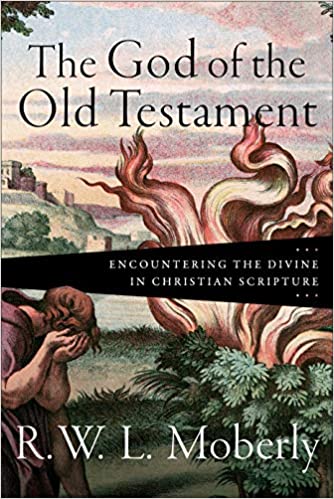Q. Your discussion of Moses and the burning bush (where he nearly experiences pre-ministerial burnout J) is one of the best I’ve ever read. One of the things that struck me reading that story in light of the Stephen speech in Acts 7 is that Moses really is just making excuses…. including the notion that he can’t speak well. This hardly makes sense of the earlier part of his story while in Egypt or the sequel to this episode in Exodus. Your exposition of ‘ehyeh asher ehyeh’ is extremely helpful, but it led me to wonder when exactly we should assume a naming connotes something about the nature or the life of the person in question, and when it just serves as more of a memorable label? Do you have some clues as to how much we should read into or out of naming episodes in the OT? Richard Bauckham in his new book Who Is God? suggests that God is making clear that he will reveal himself on his own terms and in his own good time, and does not want to encourage the ancient notion that if you can correctly name a deity you can have some power over that deity. No, the Biblical God wants to protect his freedom to reveal himself and his freedom to act without arm twisting etc. How does that explanation strike you?
A. I want to take biblical namings on a case by case basis.
I haven’t yet read Richard Bauckham’s new book. Your account of what he says makes good sense, and I am happy with it. I would only note that it sits lightly to the linkage between the divine name and the burning bush that I try to bring out in my discussion, and so there may be more to be said.












